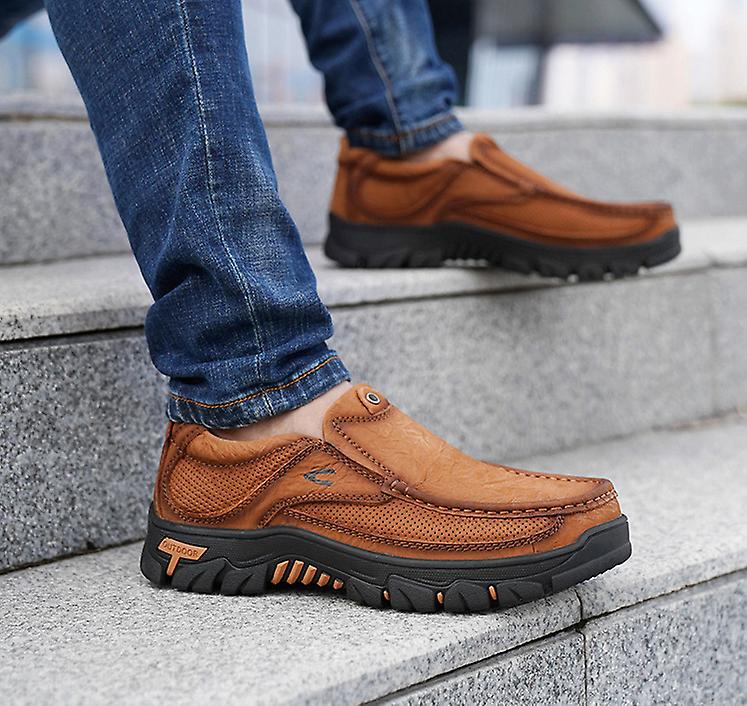For men who regularly engage in physical activity, it is essential to select the appropriate mens shoes. Notwithstanding, even the greatest shoes have a restricted life expectancy. In order to ensure optimal performance and avoid potential injuries, we will investigate the factors that determine when men should replace their athletic shoes in this article.
Knowing How Long Shoes Last:
The lifespan of athletic shoes varies from one factor to the next. Personal biomechanics, activity type, and frequency and intensity of use all play a role. Athletic shoes should be replaced every six to twelve months, or every 300 to 500 miles. However, these figures should be adjusted according to individual circumstances because they are not fixed. It is essential to be aware of changes in comfort, support, and cushioning as well as signs of wear and tear.
Indicators of Wear and Tear:
There are a number of obvious signs that it’s time to get new athletic shoes. One of the most obvious signs is tread wear on the outsole. Traction and stability may be compromised if the patterns are significantly worn down or uneven. Additionally, look for signs of compression and diminished cushioning in the midsole. It’s time for a new one if it doesn’t feel as supportive or responsive. Deterioration of the upper, such as tears, holes, or excessive stretching, can also jeopardize the support and integrity of the shoe.
Effect of Footwear on Preventing Injuries:
Athletic shoes that are no longer in good condition can make injuries more likely. Without adequate protection, the joints and feet are exposed to repeated impacts as shoes lose their cushioning and support. Stress fractures, plantar fasciitis, and shin splints are just a few of the potential injuries that could result from this. Changing out athletic shoes on a regular basis ensures that the feet are properly supported and cushioned, lowering the risk of such injuries and improving performance.

Factors Affecting the Rate of Replacement:
Men’s shoe replacement frequency can be affected by a number of factors. Shoe deterioration may occur more quickly in people with higher body weights or who engage in high-impact activities. Shoes’ lifespan can also be affected by variations in running style and foot biomechanics. It’s important to listen to your body and regularly monitor the condition of your shoes. Evaluate the shoes and look into buying new ones if they cause pain, discomfort, or reduced performance.
Men who place a high value on both their performance and their overall foot health need to be aware of when to change their athletic shoes. Men can ensure that their athletic shoes provide optimal performance, support, and injury prevention by paying attention to visible signs of wear and tear, regularly monitoring levels of comfort and support, and taking individual factors into consideration.
